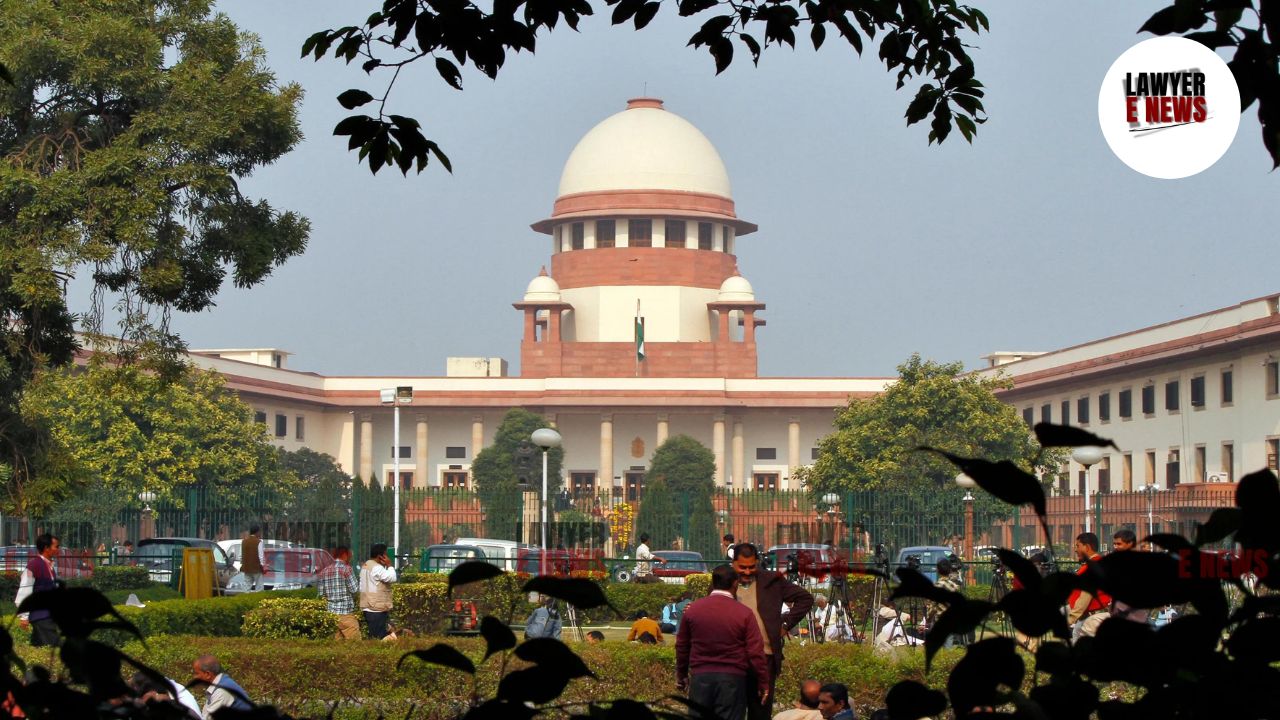-
by Admin
15 February 2026 2:16 AM



"Appellant Abhishek must not upload any photos of the complainant or contact her through any medium," ruled the Court, ensuring strict conditions during the bail period. "Having regard to the facts and circumstances of the case including the period of incarceration suffered of nearly one year, we accept the present appeal and direct that the appellant Abhishek will be released on bail during the pendency of the trial."
Supreme Court of India delivered its judgment in the case of Abhishek vs The State of Madhya Pradesh (Criminal Appeal No. 910/2024). The case revolved around charges filed under multiple sections of the Indian Penal Code (IPC) and the Information Technology Act, 2000. The Court allowed the appellant Abhishek's appeal for bail, setting aside the lower court's order.
The case originated from a First Information Report (FIR) filed on September 30, 2022, under Crime No. 449/2022. The allegations against Abhishek included offenses punishable under Sections 377 (unnatural offenses), 498A (cruelty by husband), 506 (criminal intimidation), and 34 (common intention) of the IPC, as well as Sections 66E and 67A of the Information Technology Act, 2000. These charges were filed following a marital dispute that arose after the appellant had filed for divorce. The complainant, who was known to the appellant before marriage, accused him of various offenses, including the misuse of electronic files, which Abhishek disputed.
The Court examined the legal question of whether the appellant, who had already spent nearly a year in incarceration, should be granted bail while the trial continued. The bench, comprising Justice Sanjiv Khanna and Justice Sanjay Kumar, acknowledged the serious nature of the allegations but also took into account the length of the appellant’s imprisonment.
In addition to ordering bail, the Court emphasized strict conditions:
Abhishek must submit his passport to the trial court.
He is prohibited from leaving India without permission from the trial court.
He must provide his contact number to the Investigating Officer and ensure his availability during the trial.
Abhishek is barred from contacting the complainant or her family members, either physically or through social media.
He is forbidden from uploading or sharing any photographs of the complainant.
Conclusion and Impact
The Supreme Court granted Abhishek bail while clearly stating that its observations pertained only to the question of bail and would not influence the final determination of the case. The trial will proceed based on the evidence presented, ensuring a fair judicial process.
Date of Decision: October 1, 2024
Abhishek vs The State of Madhya Pradesh
